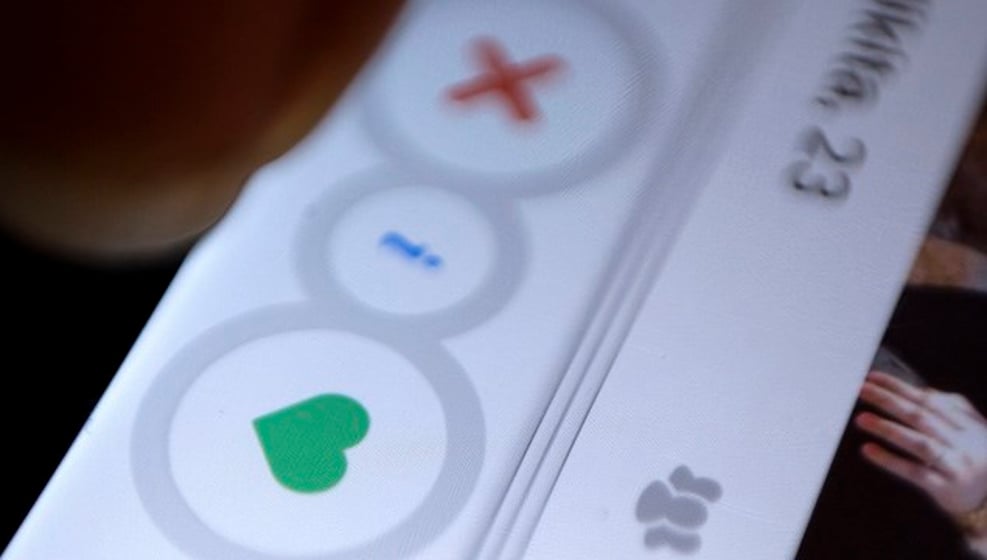Valentine's is prime season for romance scams

RICHMOND, Va. (CBS19 NEWS) -- The Better Business Bureau serving Central Virginia is offering some tips to avoid falling victim to scams this Valentine’s Day.
One such scam is called catfishing, in which scammers work to dupe online dating site users into believing they have found love.
According to the BBB, online dating and social media platforms have made it easier than ever to meet new people and it has made a scammer’s task easier.
Scammers can easily create compelling backstories and full-fledged identities and then trick someone into falling in love with that fake person.
While a catfisher can be a lonely person hiding behind a fake persona, it is often the first step in a phishing scheme that aims to take personal information or trick people out of money.
Catfishers can build fake dating site profiles by stealing photos and text from real accounts or other online sources, often claiming to be in the military or working overseas as a reason why they cannot meet their potential victim in person.
In a short time, a scammer can build a fake relationship with a victim, exchange photos and messages or talk over the phone, but just as the relationship appears to get serious, there is a health issue, family emergency, or wants to plan a visit.
In every instance, the scammer will say they need money.
Sometimes the scammer will make multiple demands for money or will cut off communication altogether.
The BBB says there are ways to spot this kind of scam, such as the person being “too hot to be true.” In this case, the scammer has good-looking photos and tales of financial success, but if they seem “too perfect,” there may be problems.
Catfishers also tend to quickly try to get victims to move off the dating site, encouraging communication through email, messenger or phone.
They will also try to manipulate a victim by talking about trust and how important it is, which is often a first step to asking for money.
Someone who always has an excuse to postpone meeting may be a catfisher.
There is also a chance of someone claiming to be from a victim’s home town but the scammer uses poor spelling and grammar, overly flowery language, or phrases that don’t make sense. These should all be considered red flags.
Sometimes scammers may hint at financial troubles or other hard-luck stories before asking for money. This may be a stolen car or a sick relative.
People are encouraged to never send money or personal information to someone they have not met in person.
If someone starts asking for such information, like credit card details or government ID numbers, cut off contact.
People can also look to see if an image may have been stolen by using a reverse image lookup online.
Another kind of romance scam tends to target people who are vulnerable, such as those who have recently broken up or faced another hardship.
Scammers here take advantage of a potential victim’s heartbreak to build a connection and gain sympathy, but they soon begin pursuing opportunities to get money.
There are also scams involving impostor websites and companies.
Consumers are urged to always be on the lookout for impostor online stores such as jewelry sellers or florists.
It is not difficult to take images, sales promotions and logos from a site and repost them with “unbeatable prices.”
Impostor websites can also be made to look very similar to legitimate ones.
One last type of scam that may occur is called the wrong number scam, in which a person gets a text message from someone who claims to have used the wrong number.
While it may seem polite to let the person know they reached the wrong person, the message may be bait to lure the recipient into a conversation.
Eventually, the message sender will attempt to get personal information by directing the potential victim to sign up for some service, such as an adult site.
For more information on common scams around Valentine’s Day, click here.

